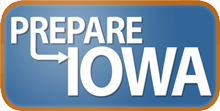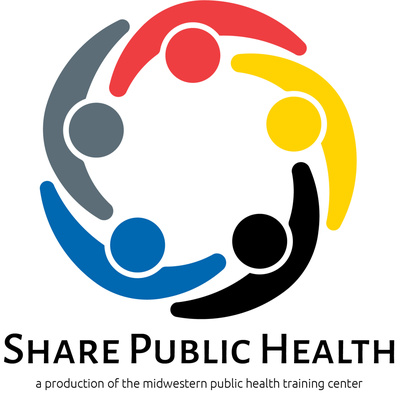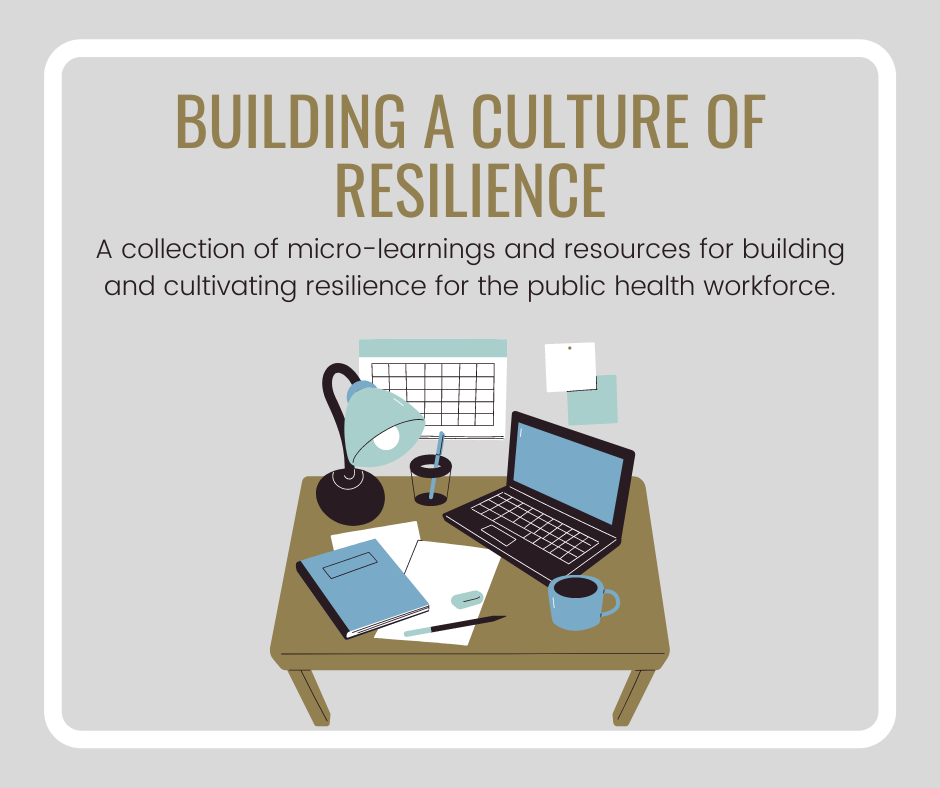Creating and Operating a Family Assistance Center: A Toolkit for Public Health
This Advanced Practice Center toolkit, developed by Seattle and King County Public Health, gives you a framework for you and your team to plan and operate a Family Assistance Center (FAC) during a mass-casualty or mass-fatality incident. It is intended to serve as a resource to help you develop a plan for family assistance services that can be applied to all hazards. The goals of this toolkit are to help you: understand the context and rationale for operating FACs during mass-casualty or mass-fatality incidents; identify the principles that should guide the operations of a FAC; and develop a plan for a FAC, including strategies for addressing the behavioral health needs of families.
Managing Mass Fatalities: A Toolkit for Planning
This comprehensive toolkit, from Santa Clara Advanced Practice Center, evolved from recognition of the need for communities to increase their preparedness for managing mass fatalities. Its focus—the care and management of the dead—is one of the most difficult aspects of disaster response and recovery operations. Toolkit materials are based on lessons learned from actual events, including the Oklahoma City bombing, 9/11, and Hurricane Katrina. The toolkit provides scalable, operational direction and tools to guide jurisdictions in creating a local plan. Highlights include: Identification of stakeholders involved in mass fatality management and recommendations for a planning process that is co-led by public health and the medical examiner/coroners office; Specific guidelines for all medical examiner/coroner responsibilities at the incident site, morgue, and family assistance center Guidance on infection and other health and safety threats; and Requirements and recommendations for managing mass fatalities during a worst-case scenario pandemic influenza.





